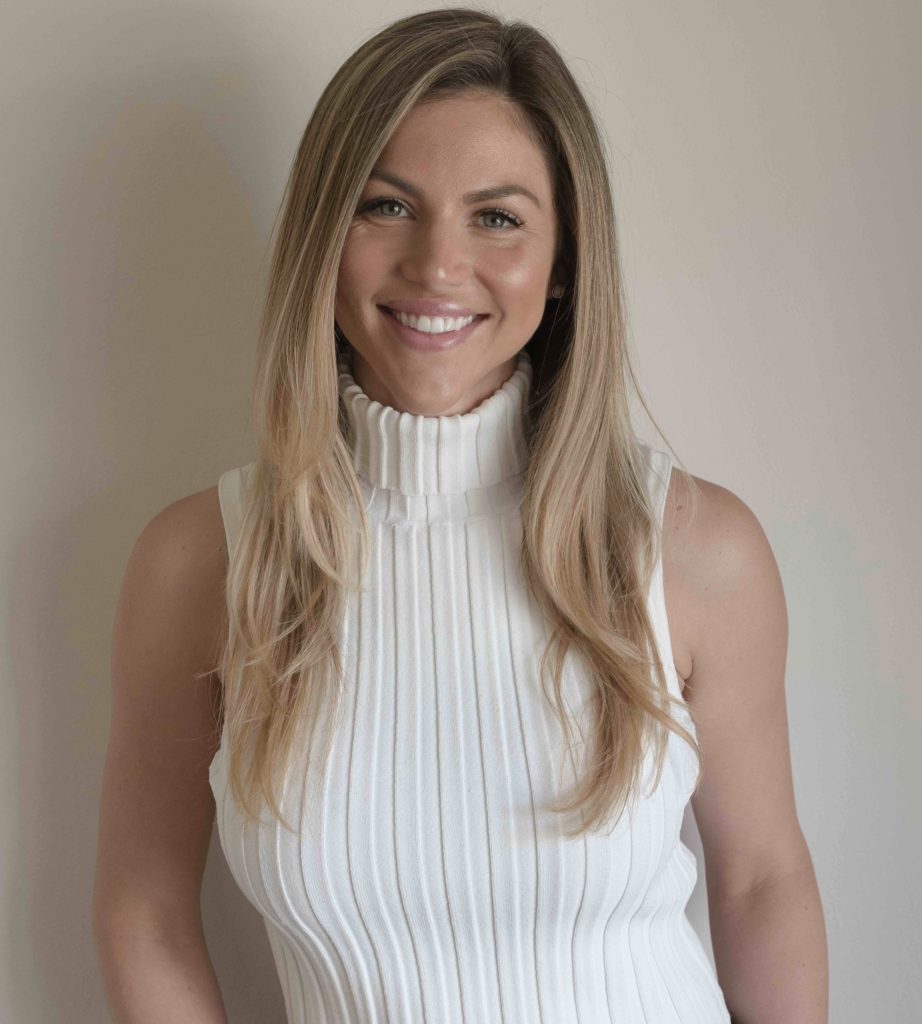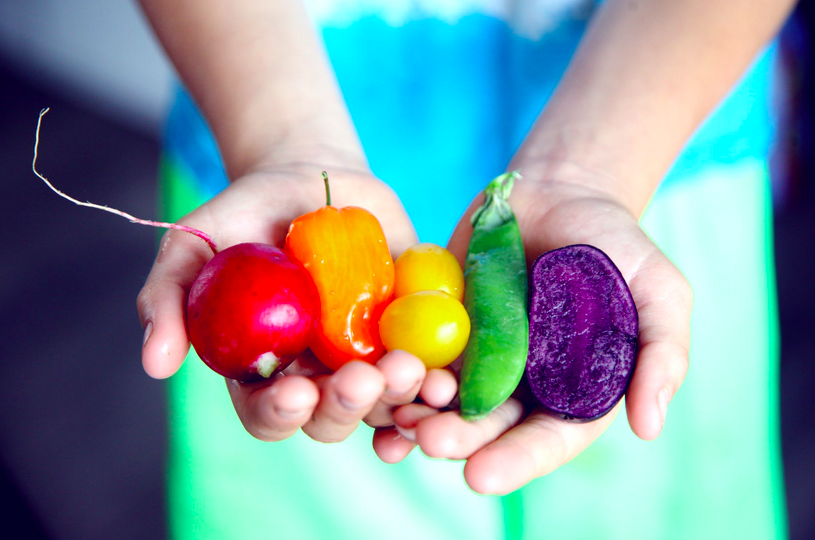I have been confronted with the statement “I only want to eat sugary carbs and dessert” disproportionately over the last year. And, I know why….
It is because I have worked with many clients these past months who are coping with the aftermath of COVID loss of taste and smell and oft prefer the texture of desserts, pregnant women who have a proclivity toward these foods, and your average Joe looking for the bonafide dopamine rush that eating our favorite foods provide during this time.

Join our Community of Peaceful Living Wellness Warriors
and receive a special free gift:
Our Top 5 Tips for Peaceful Living
In this article, I want to provide you with the strategies and cognitive frames that I’ve used with these folks to move toward healthier choices, and away from the bakery.
Dopamine is the brain chemical that is responsible for our motivation and trains us to repeat behaviors that spike it. We need a baseline of 50 nanograms per deciliter (ng/dL) of dopamine to function, get out of bed and do anything.
On a really bad day, we have around 40 ng/dL of dopamine — this is a day that we sit around in bed and don’t do anything. On the best day, where everything is going right, we are at about 100 ng/dL of dopamine. This means that our brains are wired to hit a max of about 100 ng/dL of dopamine. There are ways to impact this: eating our favorite food shoots us up to 94 ng/dL, sex gets us to 92 ng/dL, and drugs and alcohol can get us every further beyond the 100 ng/dL mark. It is no wonder that during the depressive times of COVID, we seek socially acceptable, affordable and available ways to get our dopamine spiked.
Related Post: LOWER YOUR DAILY SUGAR INTAKE IN 4 EASY STEPS!
With people opting for desserts as their favorite food, it has meant more DoorDash deliveries from the cupcake shop — for many people, to get that dopamine boost and feel better during some of the worst days of their lives this year. Knowing this, and understanding our drives and behaviors, can help modify them.
Eating sweets begets eating sweets. Common sense would say that once you satisfy a craving for sweet foods, that it staves off needing more for some time. Unfortunately, this is not true. Not only do we train our taste buds to seek intense flavors of sweet and salt if we eat them regularly — from a biological standpoint, we are also positioning our bodies to be sugar burners and seeking a quick sugar spike to satisfy the next time we need fuel.
When we eat a lot of sugar and carbohydrate, it is at the expense of other macronutrients which have a more even effect on our blood glucose and intense appetite spikes. Eating lots of refined breads, pastas, sugars and sweets are highly glycemic and produce major insulin and glucose spikes immediately. Conversely, protein has a much more balanced bell shaped curve of bioavailable energy in our blood streams and steadies appetite over time.
There is good news: Research shows that after just a few weeks of reducing sugar in your diet, your taste buds will actually have a preference for less sweet foods. You may have to put in some hard work at first, but after a few weeks, your preferences will do the rest for you.
Related Post: 4 Simple Ways to Turn Any Recipe into a Healthy Recipe
Whether you are pregnant and sweets are the only foods that sound appealing to you, or you are recovering from COVID and cannot taste many foods (opting instead for the texture and slight flavor you get from only cake), there is one magic bullet ingrained in our biology: Wait to eat until you get really hungry.
Yes, I mean have the coffee in the morning BUT skip the muffin, granola, or pancakes. By lunch, I promise a chicken salad is gonna be sounding fantastic. We show much more versatility in our acceptance for food options when we are very hungry. Have you ever been really hungry, and you could get on board with just about anything to eat? Yep — Thai, Mexican and Italian food all sound equally appealing when we’re on the tail end of that road trip and nearing closer to our home at 6pm. Yet, the morning after a big dinner out, the only thing we can muster a thought to is a cookie with our coffee. This is the logic behind this tip… when our biology requires fuel instead of simply having it available- we are more amenable to vegetables. This works with kids, too! Watch how your four year old scarfs down broccoli at dinner time when they get to the table hungry after sports class and an extended pause between their last snack and mealtime.
Understanding the reward center of your brain and how it responds to our favorite foods and other addictive prone topics, knowing that you can override your biology with a few weeks of deliberate practice, and leveraging longer fasting windows to make better choices are all important steps on the journey away from the cycle of the sugar burner. Increasing protein, limiting the sugar options at home, and working with a coach or therapist to implement the strategies above can be the difference between triumph and defeat. Diabetic outcomes and too much weight gain during the important health axises of COVID recovery and pregnancy are avoidable. We owe it to ourselves to work on these important aspects and toward a healthier future for ourselves and our children.

Ashley Damaj is a Cornell trained Nutritionist, USC trained masters-level therapist, and post-masters Board Certified Behavior Analyst. An avid athlete, yogi, organic farmer, and chef; Ashley lives with her husband and daughter in Newport Beach, California.
She is the founder of Mothership Wellness, Inc., an integrative private practice. The backbone of her business is working directly with clients on ten pillars of wellness that are assessed and improved through actionable, short term, goal oriented individualized programs.
As a former pack a day smoker, drug/alcohol abuser, and overweight individual, Ashley’s mission is to bring behavior modification science and empirical solutions to individuals and families who want to make the move to a more healthy lifestyle be in alignment with the fullest expression of themselves.
She has worked in both corporate and clinical settings over the course of her career. Ashley has held Director level positions at a Fortune 5 companies, to clinical positions in a variety of therapeutic settings
(juvenile hall, domestic violence centers, in-home therapy, facility settings, etc.). Ashley has with diverse clientele of all ages using CBT, ACT and Behavior Analytic modalities for over a decade.



